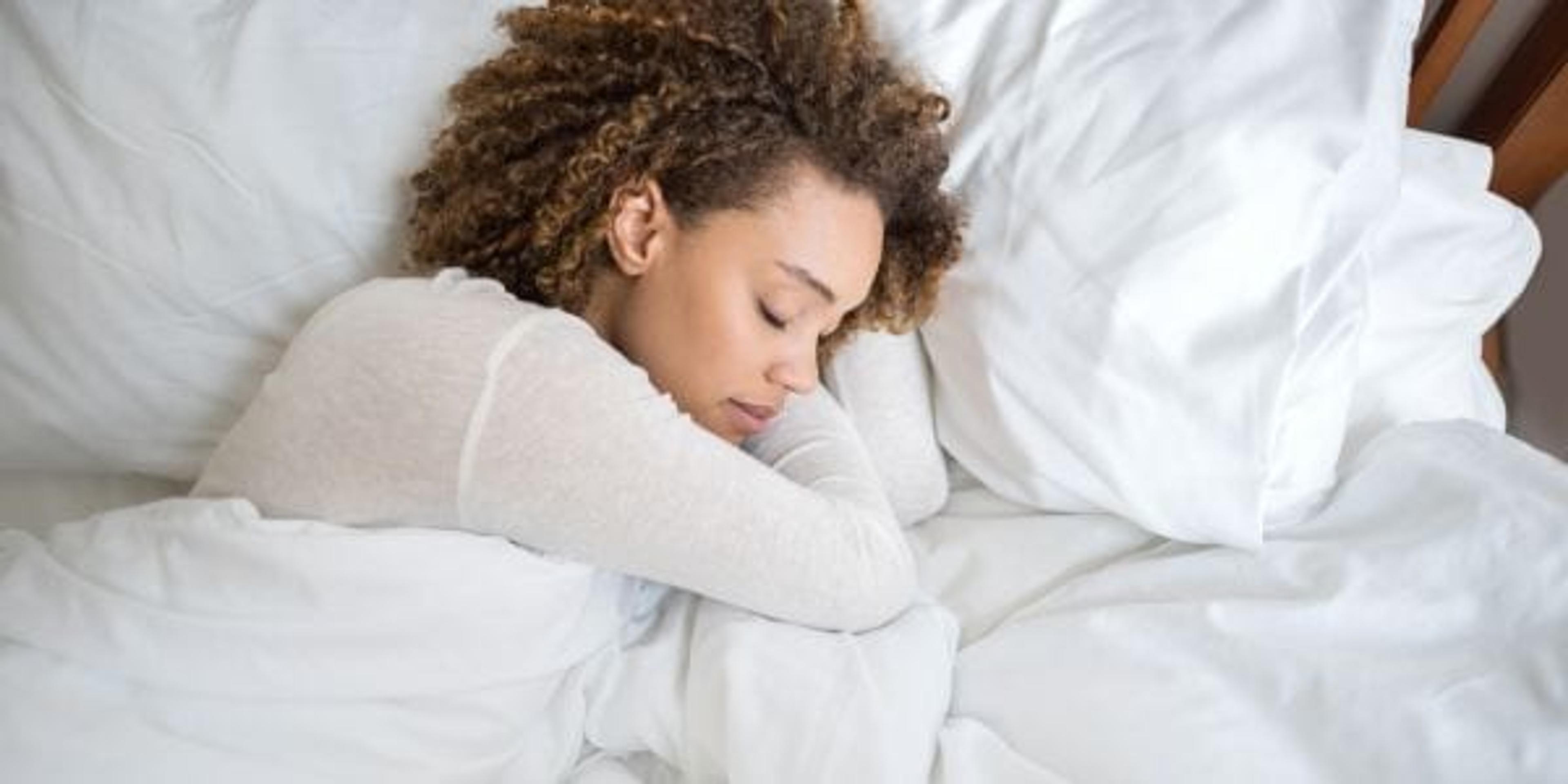Why Weight: The Science Behind Weighted Blankets

Jillian Berndtson
| 2 min read

Who doesn’t love sleep? For most people the thought of sleeping nestled in a cozy bed brings feelings of relaxation and peace. For some, however, tossing and turning all night long has become the norm, making a decent night’s sleep nearly impossible.
One common solution some therapists may prescribe is using a weighted blanket to help you sleep.
Weighted blankets look and feel like a normal blanket, but are much heavier. They are filled with polypropylene pellets which are distributed evenly throughout the blanket and sewn into small pockets to prevent uneven weight distribution.
The gentle weight applied across the body resembles the feeling of a hug, which releases oxytocin in the body. It also is a form of deep-pressure therapy which aids relaxation by prompting the release of serotonin and dopamine.
They are recommended for people with:
- Anxiety: Nervous systems calm down when they are under a weighted blanket, making it easier for people with anxiety to fall asleep.
- Autism, ADHD, OCD, PTSD and sensory processing disorders: Low serotonin levels are common in people with autism. Serotonin aids in the production of melatonin, the chemical that helps the body sleep. Weighted blankets increase the production of serotonin, fostering a greater likelihood of sleeping. They also prevent overstimulation from occurring.
- Insomnia: People with insomnia have reported waking up fewer times during the night and feeling more refreshed in the morning when using a weighted blanket.
If you are looking to buy a weighted blanket, please note that the weight of the blanket should be about 10 percent of the person’s body weight. The blanket should also be sized according to the person’s body, not the bed. These full-size blankets are not recommended for children, however there are weighted blankets suitable for children as well.
Weighted blankets are not recommended for individuals with circulatory or respiratory problems as the weight placed can cause greater complications.
Have you tried using a weighted blanket? Did your sleep improve?
If you found this post helpful, you might also enjoy:
Photo credit: andresr





